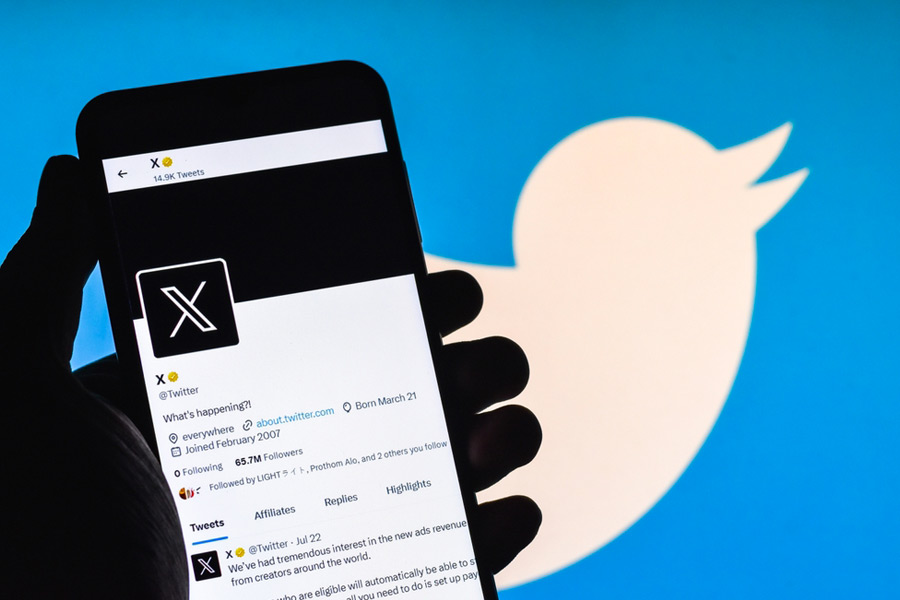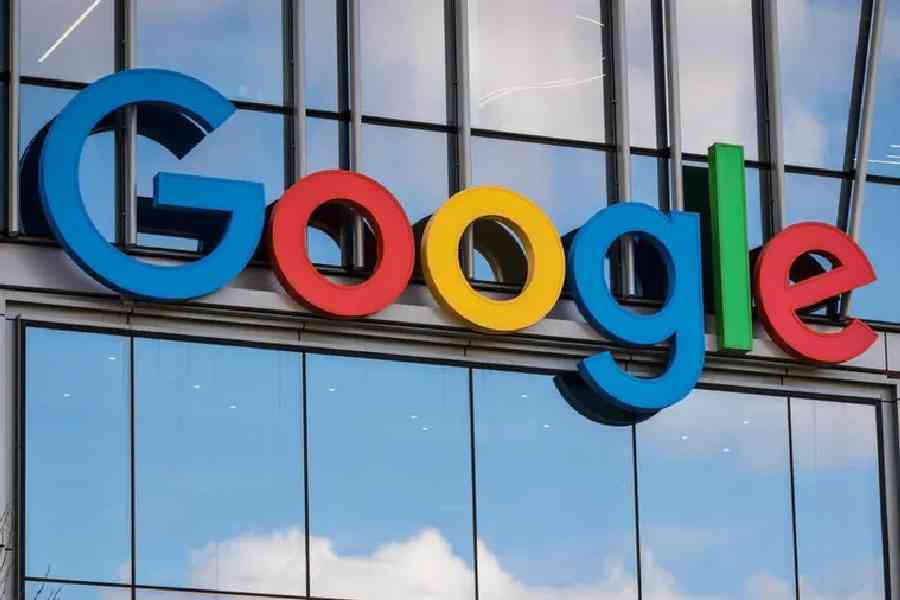Brussels: Facebook, Google and other tech firms have agreed to a code of conduct to do more to tackle the spread of fake news, because of concerns that it can influence elections, the European Commission said on Wednesday.
Intended to stave off more heavy-handed legislation, the voluntary code covers closer scrutiny of advertising on accounts and websites where fake news appears, and working with fact checkers to filter it out, the commission said.
But a group of media advisors criticised the companies, also including Twitter and lobby groups for the advertising industry, for failing to present more concrete measures.
With EU parliamentary elections scheduled for May, Brussels is anxious to address the threat of foreign interference during campaigning. Belgium, Denmark, Estonia, Finland, Greece, Poland, Portugal and Ukraine are also all due to hold national elections next year.
Russia has faced allegations — which it denies — of disseminating false information to influence the US presidential election and Britain’s referendum on EU membership in 2016, as well as Germany’s national election last year.
The commission told the firms in April to draft a code of practice, or face regulatory action over what it said was their failure to do enough to remove misleading or illegal content.
European Digital Commissioner Mariya Gabriel said on Wednesday that Facebook, Google, Twitter, Mozilla and advertising groups — which she did not name — had responded with several measures.
“The industry is committing to a wide range of actions, from transparency in political advertising to the closure of fake accounts and ...we welcome this,” she said in a statement.
The steps also include rejecting payment from sites that spread fake news, helping users understand why they have been targeted by specific ads, and distinguishing ads from editorial content.
But the advisory group criticised the code, saying the companies had not offered measurable objectives to monitor its implementation.
“The platforms, despite their best efforts, have not been able to deliver a code of practice within the accepted meaning of effective and accountable self-regulation,” the group said.
Its members include the Association of Commercial Television in Europe, the European Broadcasting Union, the European Federation of Journalists and International Fact-Checking Network, and several academics.
Increased scrutiny
Google is facing increased scrutiny by lawmakers in Washington over its size and influence. Now, a research scientist who recently resigned from the company in protest is urging them on.
In a harshly worded letter sent this week, the former employee, Jack Poulson, criticised Google’s handling of a project to build a version of its search engine that would be acceptable to the government of China. He said the project was a “catastrophic failure of the internal privacy review process”.
He said lawmakers should increase transparency and oversight of the company and technology industry, saying that there is a “broad pattern of unaccountable decision making”.
Poulson left the company after news articles revealed the existence of the project last month.










